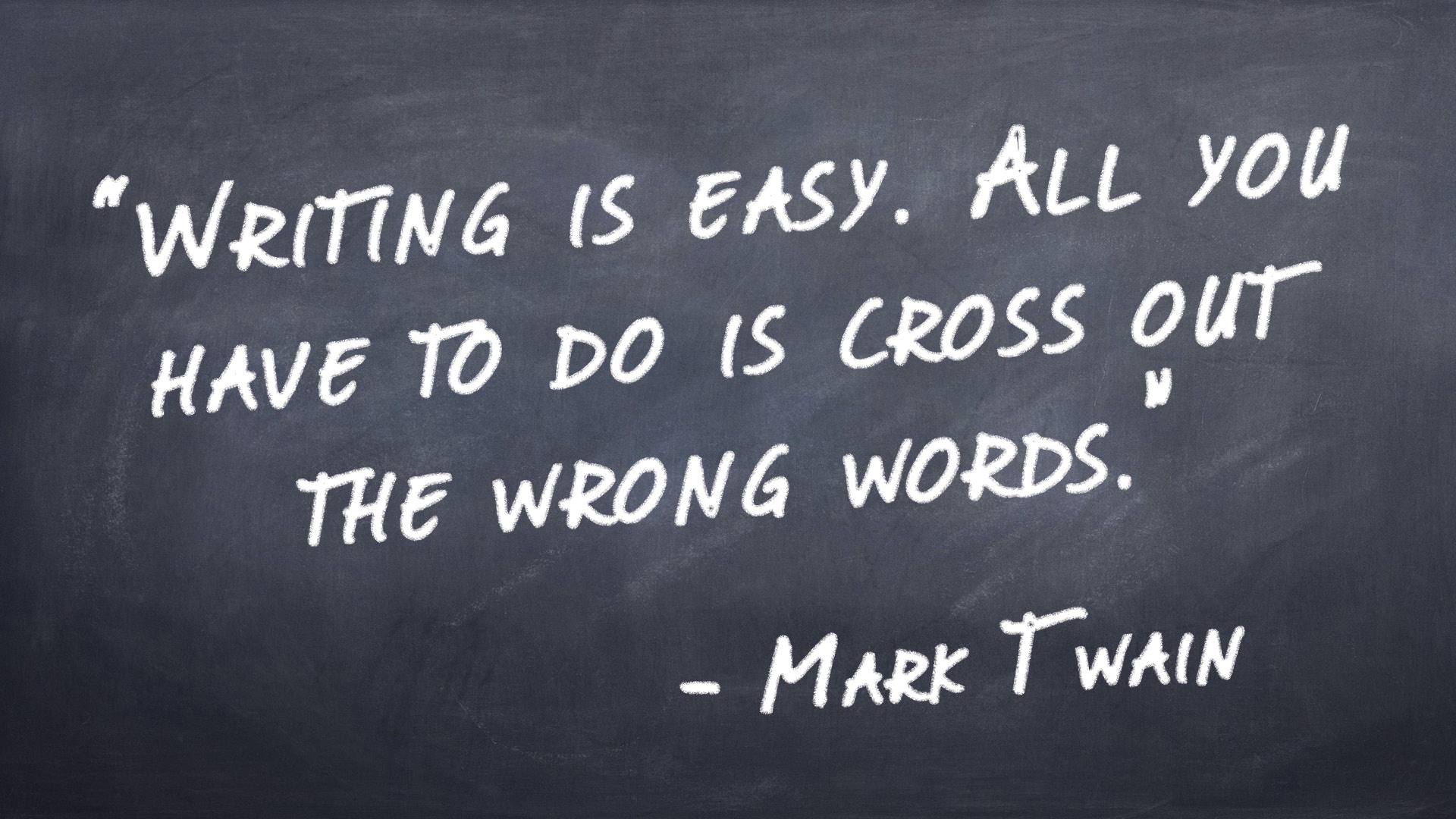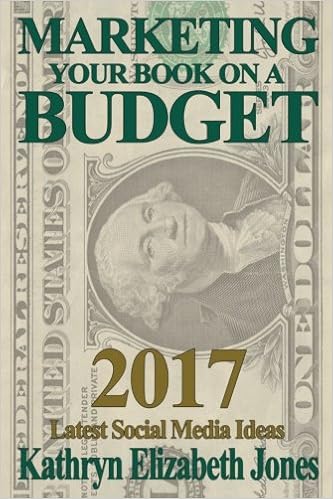Tell me a about yourself. What got
you started in writing?
I’ve
always loved books and reading. As a child, I would go to the library and bring
home stacks of books, or give my mom a long list of books I wanted from the
book
fair. I spent many a summer reading.
When I
was in high school, my English teacher submitted a couple of my poems to the
school’s literary journal. She didn’t tell me about it, not until they were
accepted. I wrote a short story for an assignment
and she helped me rewrite it and submit it to a school contest. She made comments
and gave me tips about the story. Finally, she helped me go line by line and
fix the little things. It was my first real experience working with an editor. Near
the end of the school year, she encouraged me to take creative writing and sponsored
me so I could get into the class. Before Joyce Oldroyd, I had no idea I could
write.
I took
creative writing in college from an amazing professor (Marion K. Smith) who was
also a science fiction and fantasy scholar. Then I joined the science fiction
club (Quark), the science fiction magazine staff (The Leading Edge) and the
science fiction symposium committee (LTUE). Those, along with some very special
teachers in the English department Changed my life forever (Dr. Steven C.
Walker, Dr. Sue Ream, Dr. Sally Taylor). And a librarian whose love of science
fiction was truly epic (Betty Pope). They were all amazing.
Throughout
the years I’ve also met some wonderful authors who have inspired me and given
me encouragement. Chief among them are Orson Scott Card, David Farland, Tracy
Hickman, and Michael R. Collings.
I
admit that I let other things get in the way of my writing: children, musical
theatre, conrunning. But now my kids are grown, I no longer have the vision to
do musical theatre, and I retired (mostly) as a convention organizer and event
planner. So, now I’m focusing once again on my writing. It really is never too
late to write.
How do you schedule your writing
time? When do you write?
I
find I write best at night when others are asleep. However, I try to do a
little bit every day. It doesn’t always work, but if I have several projects in
various stages, I can write, edit, or plot something. I mostly write short
stories and poetry, so this works well for me. There’s always something I can
pull out that’s been sitting for several weeks or months that needs fresh eyes.
How and where do you write? Do you
prefer a lap top or some other method of getting your words down?
I prefer a desktop computer. That’s
because I am visually impaired and need a large screen where I can zoom in on
the text. Some writers like to dictate their stories, but I prefer to type
where I can be thinking and organizing mentally while I type. It also makes it
easier to go back and edit. I love the spell check to catch things my eyes
miss.
For poetry, I used to prefer writing
by hand, but that is no longer an option, so I also use a computer. I recommend
writing down a poem at least during one stage of the process. There’s a
different connection with your brain when you actually edit on paper.
What's your favorite part about
writing? Your least favorite part about writing?
I love the creative process when the
ideas keep coming. Often, I will work on a scene in a story and then, while I’m
in bed trying to sleep, other ideas will come to me that work much better. I
pull out my phone and set a reminder for myself with the idea or the dialog.
Then, the next day, I’ll get the reminder and go back to the story and make the
change. That’s a very rewarding part of the process.
It’s also rewarding to listen to your story out loud and realize
it’s better than you thought it was. Lol
I recommend reading your story out loud
or having someone read it to you. You hear things you miss when you’re reading.
Finally, there’s nothing like
submitting a story or book for publication and getting an acceptance letter.
That lets you know all your hard work is paying off.
What I dislike most is when the ideas aren’t coming and I have
to try one idea after another without finding one that really fits the story or
the characters. That is often when I’ll set the story aside and pick up
something else. For this reason, I keep a folder with story ideas and starters
that I can go to so I don’t stop writing. I also keep stories that need another
edit or a rewrite. Sometimes taking a mental break helps. But it’s frustrating.
I still find other things taking up my writing time. That’s both
discouraging and frustrating.
And I hate the rejections. It’s part of being a writer, but it’s
discouraging and frustrating when you can’t find the right market or editor for
your story.
How did you come up with your book
idea? How long did it take you to write your book?
My
short story, “Cowchip Charlie and the Tumbleweed Gang” is loosely based on
stories my Dad would tell me and my brothers when we were children. He made up
this character named “Cowchip Charlie” who was half horse and very much a Pecos
Bill type character. I wrote this story several years ago, but I could not find
a market. I got a lot of replies that said they liked it, but it didn’t fit
their magazine or anthology. So, I filed it away. Then, a few years ago, a
friend told me she was putting together an anthology about rabid vegetation and
with very minor tweaking, my story fit the guidelines. So I sent it to her. She
later told me that she and her co-editor liked it so much they both agreed it
should definitely go in the anthology. I eventually plan on writing more
stories and publishing them as a collection.
What types of marketing do you do
to promote your writing?
I
attend writing conferences, library events, and conventions where I can meet
other authors and readers of speculative fiction and sell some books. When I
can, I participate on panels and talk about the craft of writing or the various
genres in speculative fiction.
I
have a facebook page and twitter account, where I often promote the craft of
writing. I also have a webpage to promote my work.
What are you currently working on?
Do you have a new book out?
I
wrote a short story last year and I’m working on turning it into a novel. It’s
a fantasy story set in a post-apocalyptic future. I have two short stories that
need to be rewritten. I want to turn them from short stories into novellas. I
have a poem that will be published some time this year.
I
finished a short story about a little girl who prays to Pacha Mama for the god
of the local tin mine to go away – with catastrophic results. I’ll be sending
that out to markets this month.
I have a
number of completed poems I need to send out to magazines.
Do you have a project on the back burner? Tell me about it.
I
always have something on the back burner. When I get an idea, I will do a quick
write-up in a text document and stick it in a folder. Sometimes, the ideas for
that particular story keep coming, so it moves to the front burner. Otherwise,
it says on the back burner and from time to time I go through the folder and
see what sparks my interest.
On
the front burner is the post-apocalyptic story about a young priestess and a
village elder who have to overcome prejudice and a necromancer to save both
their villages from a fallen god.
What would you tell a beginning
writer who wants to publish but doesn't believe he/she has enough talent?
Go to writing conferences and
workshops to learn your craft. There are some amazing writers who put writing
tips online. Many have writing courses. David Farland and Michaelbrent Collings
are two of them.
If you have a favorite author or two,
look them up online. Read their writing tips. Follow them on social media.
Writers Digest has a series of books about writing if you want
to read them. There are also a number of websites about writing that have some
very good writing tips. Get involved in NaNoWriMo and NaPoWriMo. Find a group
of local authors who can encourage you.
Most important, read a
lot: new authors, classics, different genres. This is not so you can copy the
other authors, but so that you can learn the craft of writing and WRITE. Your
first stories may not be very good, but that’s okay. You’ll get better as you
go. First drafts are never good. Most stories become good through the editing
process.
Never give up. Never,
never, never give up. It’s never too late to start a writing career. I know
people who published their first book after they turned 70.
***
Blog tours are one way of
promoting yourself to new audiences. But how do you find the right blogs? How
can you make blog tours successful? How do you promote your own blog?
For blog tours, I find that connecting with other authors through Facebook, LinkedIn and Twitter helps. I have joined various groups that speak about writing and we help each other out with occasional blog tours. As for successful blog tours, I'm still trying to figure that one out, but it seems to me that advertising is the key - getting the word out there as much as you can. If the blogger who is handling the contest has a lot of followers, that seems to help too.
For my own blog, I make sure that I let my readers know through the same channels that a new post is up. I also use google+, pinterest, and make sure my Amazon page is up to date. I have recently joined a site called Alignable. The site is for small business owners, and so I have put my work there, as well as information about my blog. I also do author interviews like this one, as well as character interviews and Friday Flicks spots - where I promote other writers book trailers. Connecting with other writers is always a good thing. This means I also write posts for other blogs.
I have gotten pretty good at putting together my own book trailers and post these on my blog page whenever I can. I also make sure to get a list of names and email addresses when I do personal book signings. This way, I can sign interested readers up for my newsletter. They can also contact me from the newsletter and find out what I do on my blog.
***
Learn more about CHL Lindsay at:


![Finders Keepers (The Jane Barnaby Adventures Book 1) by [DiBenedetto, J.J.]](https://images-na.ssl-images-amazon.com/images/I/51Vt375wWQL.jpg)





![The Gatekeeper (The Gatekeeper Trilogy Book 1) by [Ferrell, Scott]](https://images-na.ssl-images-amazon.com/images/I/51N0a41HFvL.jpg)
![Donuts - Free Audio Book Inside: ---- an illustrated story about a squirrel, his wish, and a loyal friendship. (Preschool children's book, Bedtime stories, Picture book) by [Dweck, Julia]](https://images-na.ssl-images-amazon.com/images/I/51UHSqRDDeL.jpg)


![Valcoria: Children of the Crystal Star by [King, Jason]](https://images-na.ssl-images-amazon.com/images/I/51rPoLUP8zL.jpg)



